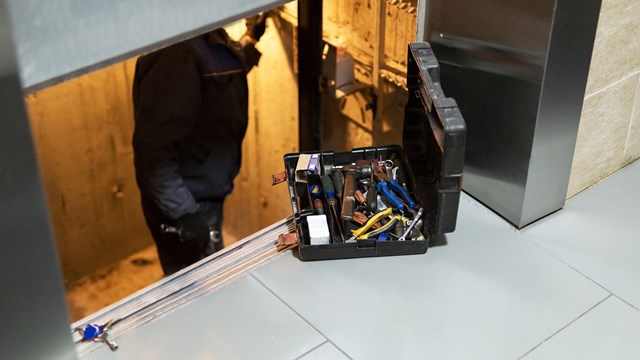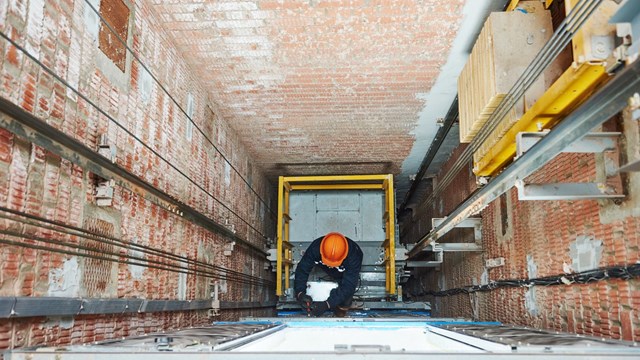—Queens Board Member
“In a cooperative or a rental building, a loss of elevator service would be viewed as a possible breach of the covenant of quiet enjoyment and either a partial actual or a partial constructive eviction.
“It is generally different in a condominium. In New York State’s First Judicial Department (in which the Bronx and Manhattan are located), the statutory warranty of habitability (Real Property Law §235-b) is inapplicable between a board of managers of a condominium and the owners of individual condominium units. An individual unit owner cannot withhold common charge payments in violation of the bylaws for conditions in the unit (see Mailman v. Abbady, 216 A.D.2d 115, 629 N.Y.S.2d 6 (1st Dep’t 1995).
“However, this does not mean that there will be no consequences if elevator service is disrupted during the proposed replacement process. Under the bylaws of most condominiums, the board of managers is responsible to maintain the common areas and common building elements for the benefit of all unit owners. In addition, a board of managers is responsible for complying with the Housing Maintenance Code and other applicable laws affecting the common areas of the condominium. See, e.g., Pershad v. Parkchester South Condominium, 178 Misc.2d 788, 683 N.Y.S.2d 708 (Civil Court, N. Y. Co. 1997), aff’d, 178 Misc.2d 788, 683 N.Y.S.2d 708 (App. Term 1st Dep’t 1998)
“In general, if the board deprives unit owners of services to which the unit owners are entitled under the bylaws, the board, on behalf of all unit owners, runs the risk that it will be liable to the affected unit owners for damages caused by the lack of use of elevators. Refer to Board of Managers of Dickerson Pond Condominium I v. Jagwani, 250 A.D.2d 717, 673 N.Y.S.2d 445 (2d Dep’t 1998). This case concerned a genuine issue of material fact as to whether the roof of the unfinished condominium unit was substantially completed, as it would create a contractual obligation on the part of condominium board of managers to maintain and repair the roof, precluding summary judgment on claims by the unit owner for damages resulting from a failure to repair the roof.
“Since the project is to benefit all unit owners, the board, in its discretion, could arrange for temporary exterior elevator service (where feasible and cost effective) to the upper floors with increased security to control access to the elevator—with the extra costs being passed onto all unit owners through a special assessment or other, temporary increase in common charges.
“I have also recommended to condominium and cooperative clients in the past that they establish a system whereby affected upper story tenants can be housed in temporary housing and make appropriate reimbursement claims to the affected unit owners for any difference in rent.
“It is important for the board of managers of this condominium to consider all of the risks and costs associated with this type of undertaking. Having an experienced managing agent get involved in the early stages can go a long way towards avoiding many pitfalls and ill feelings.”







3 Comments
Leave a Comment